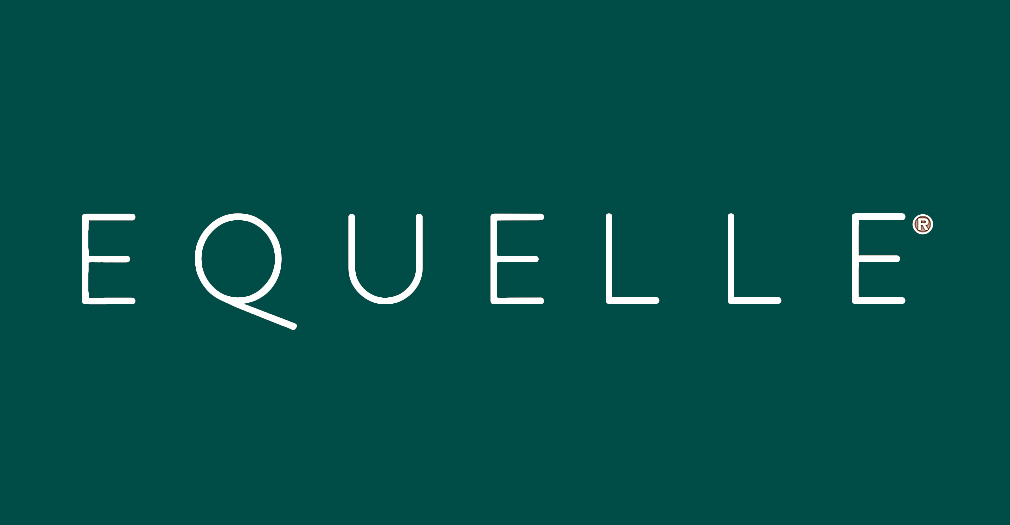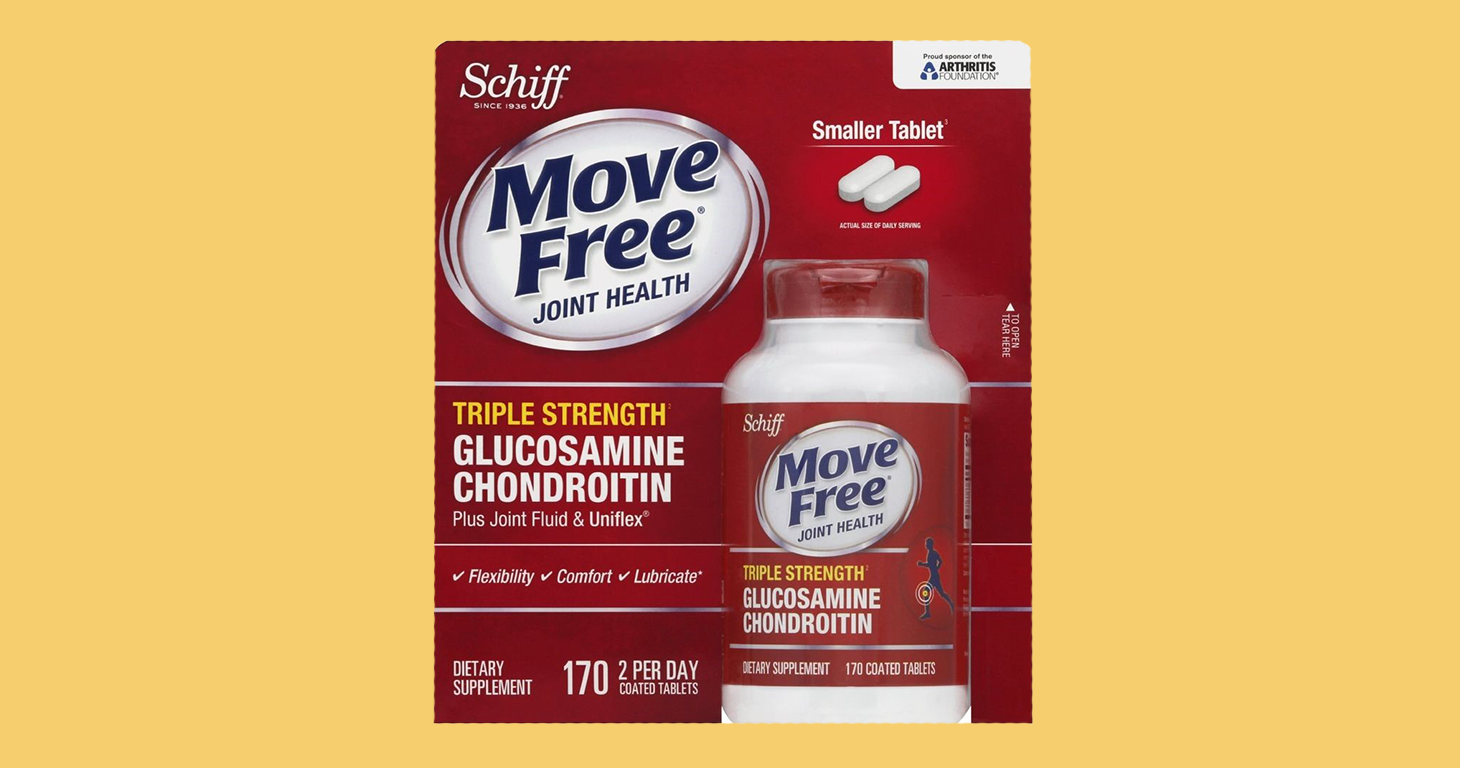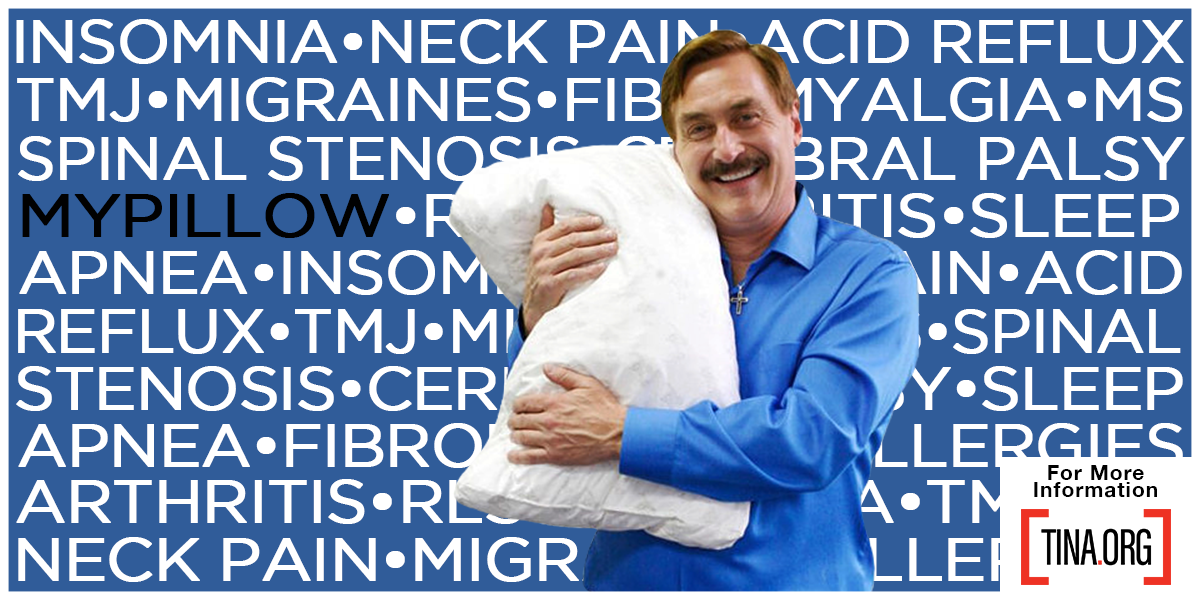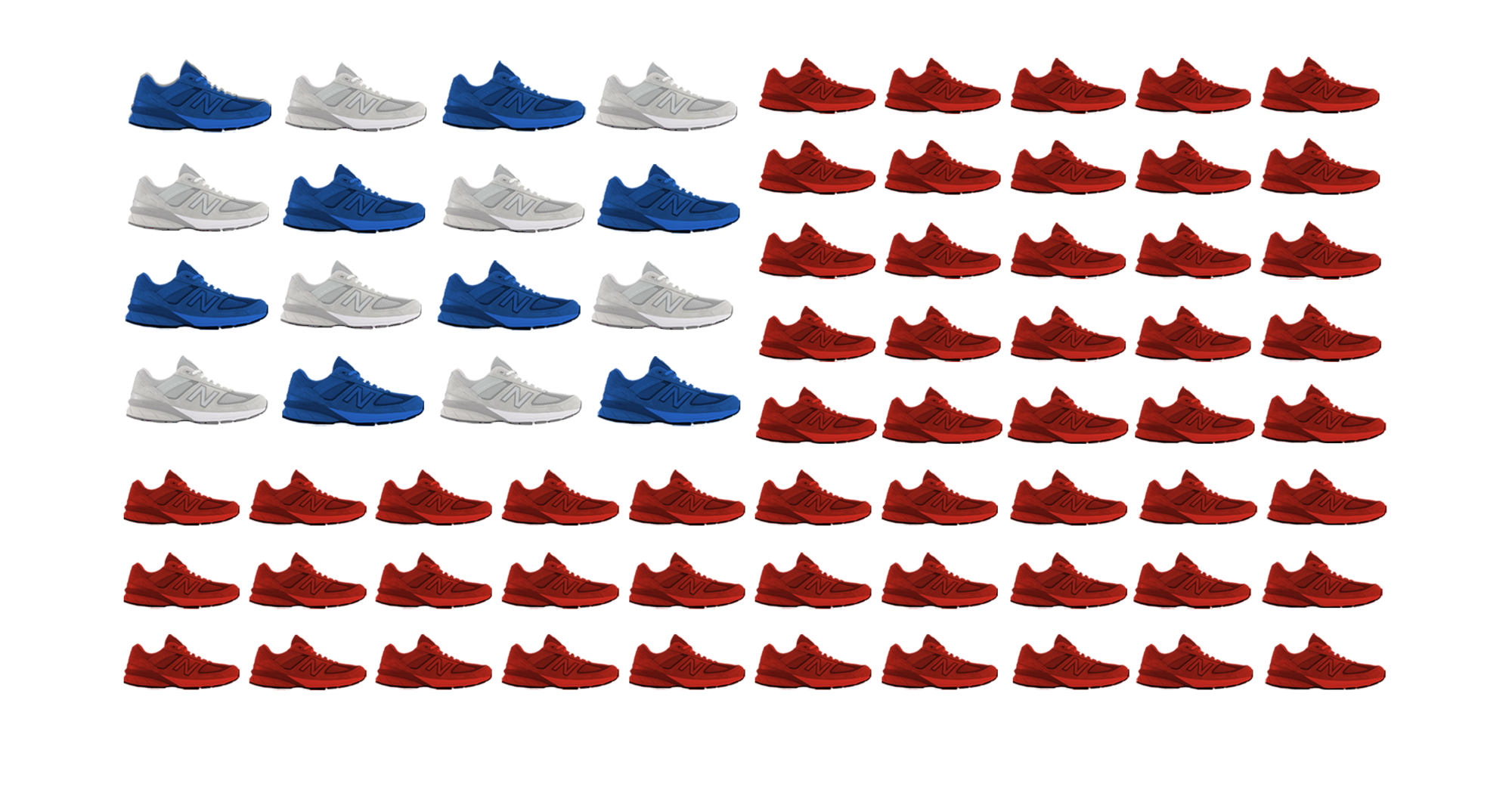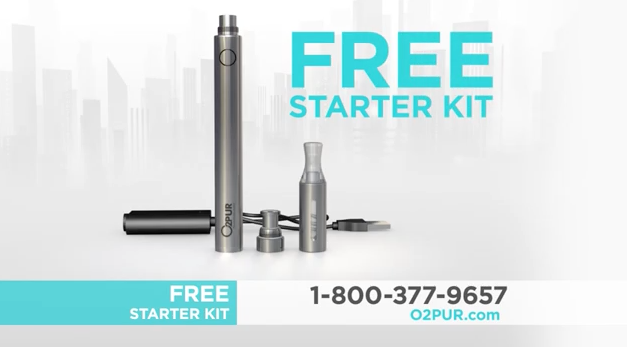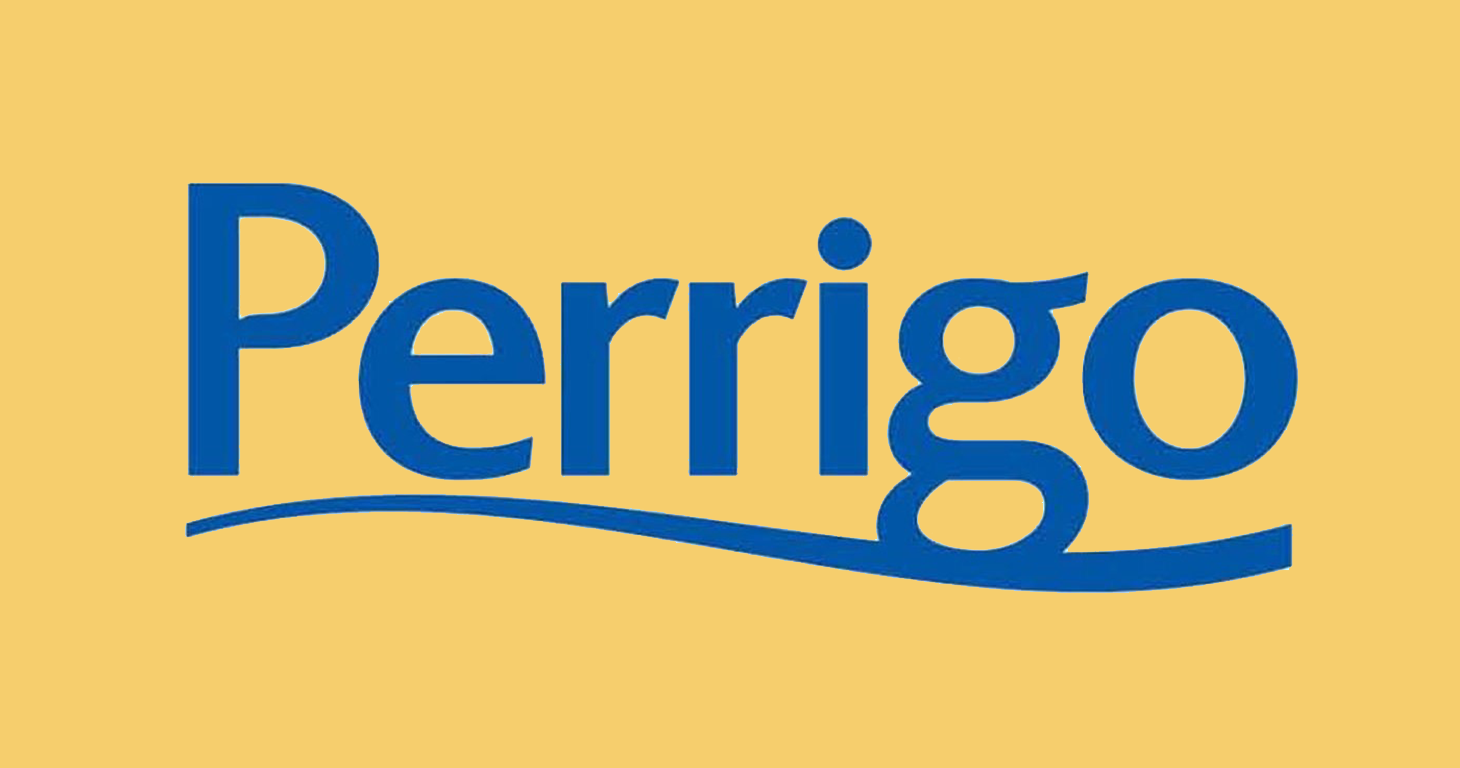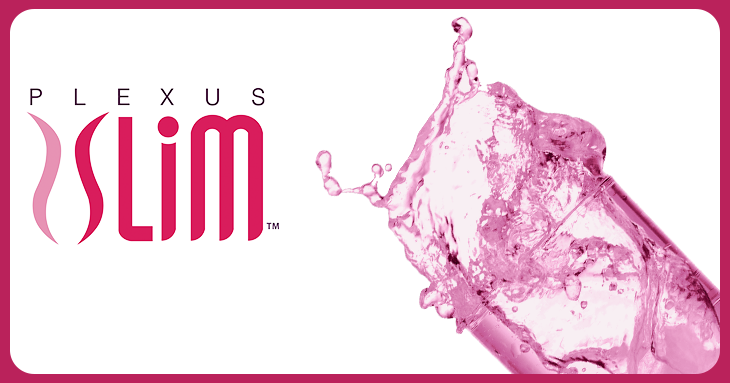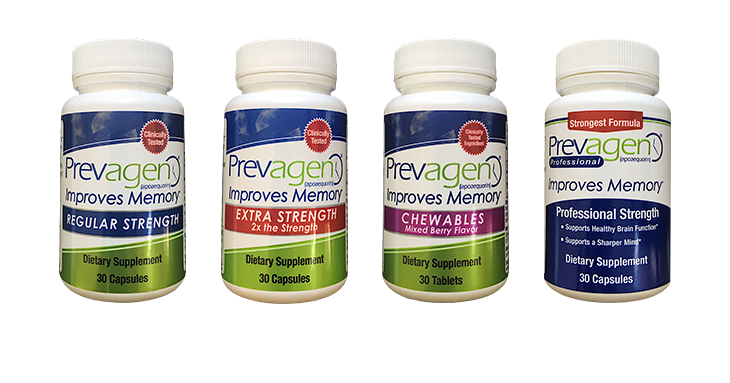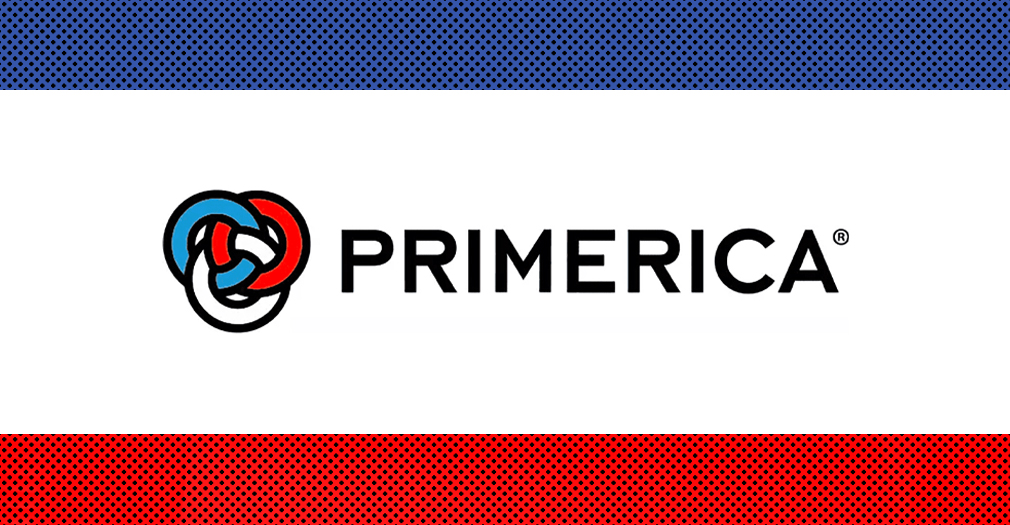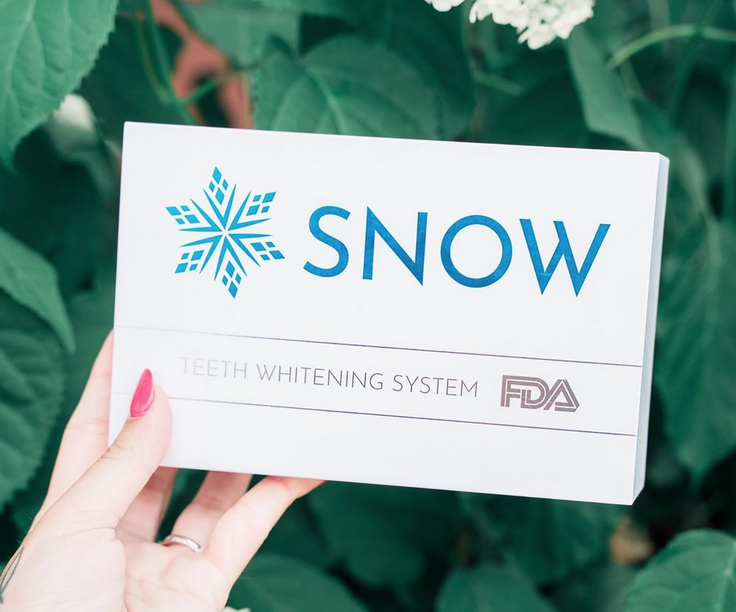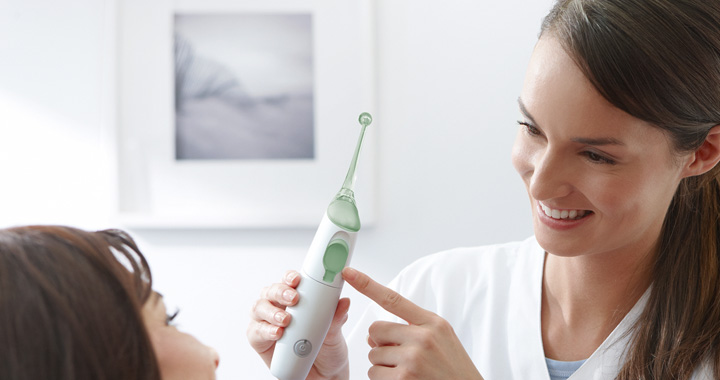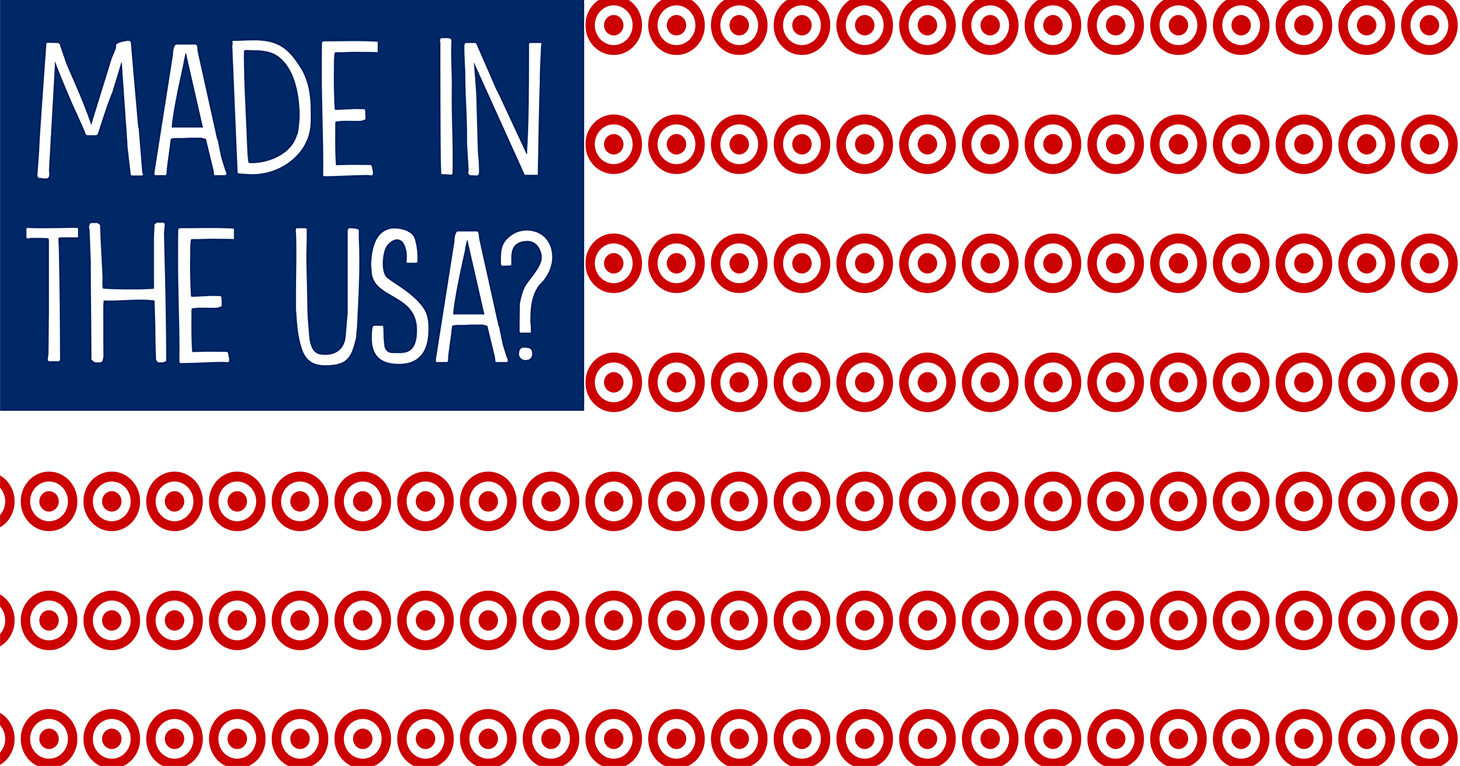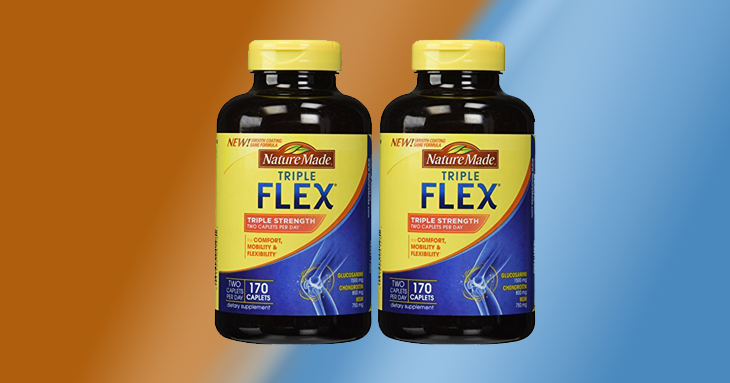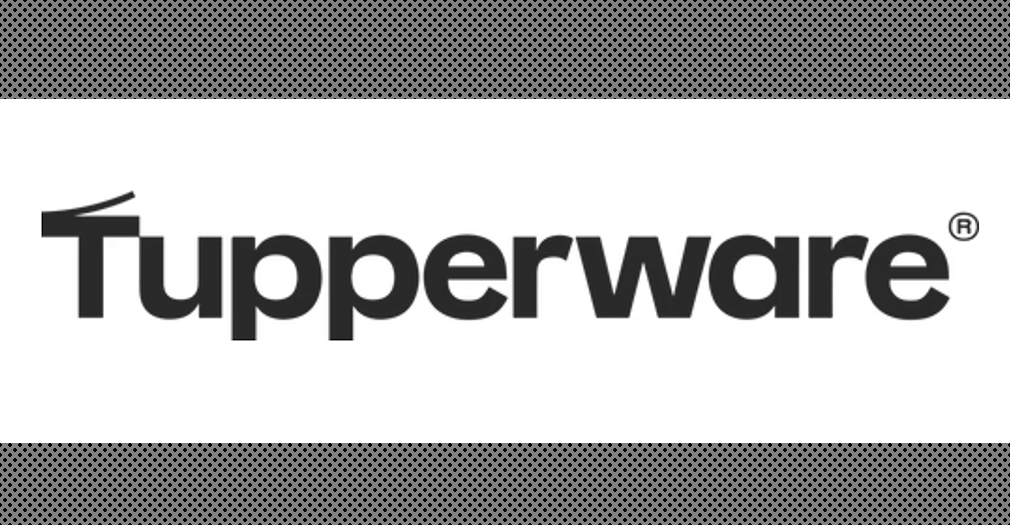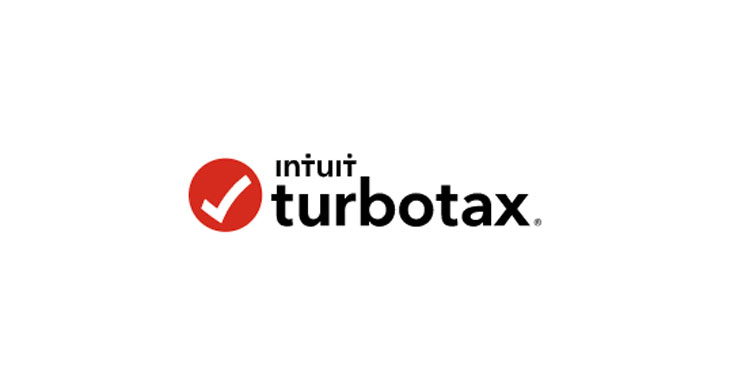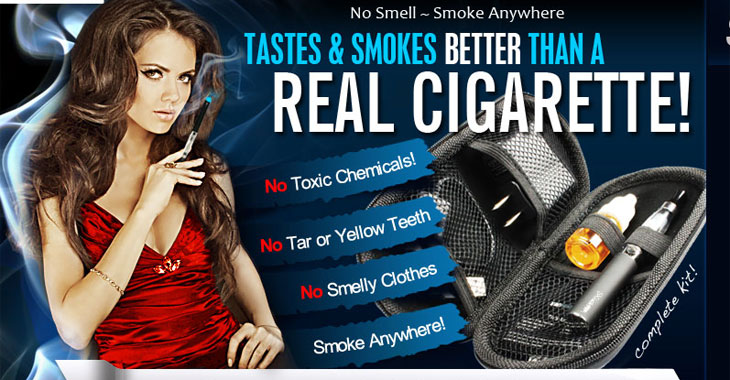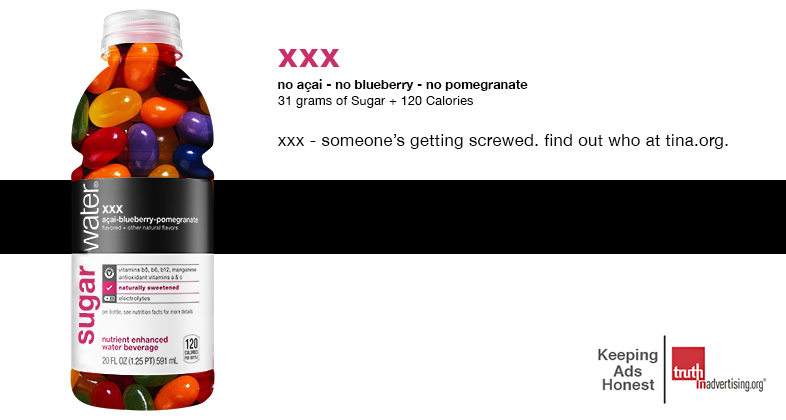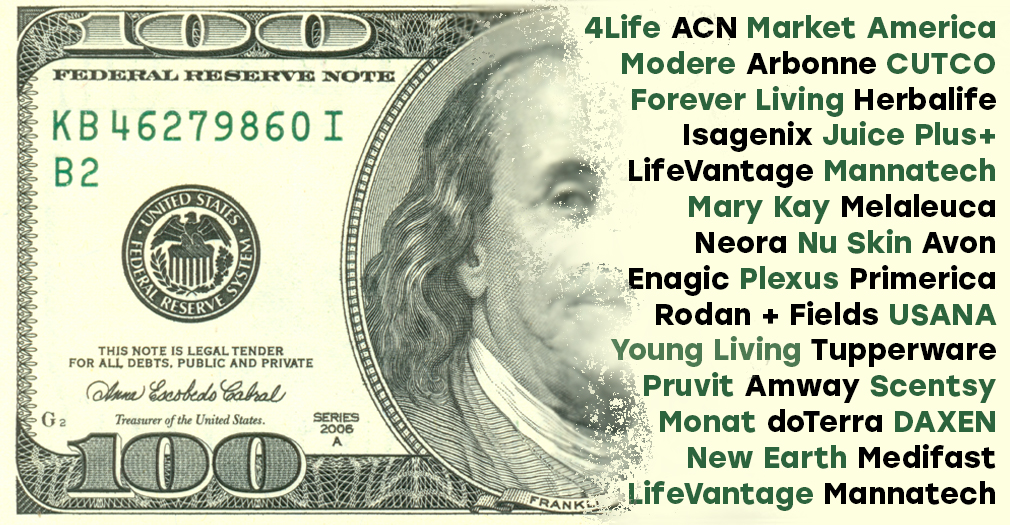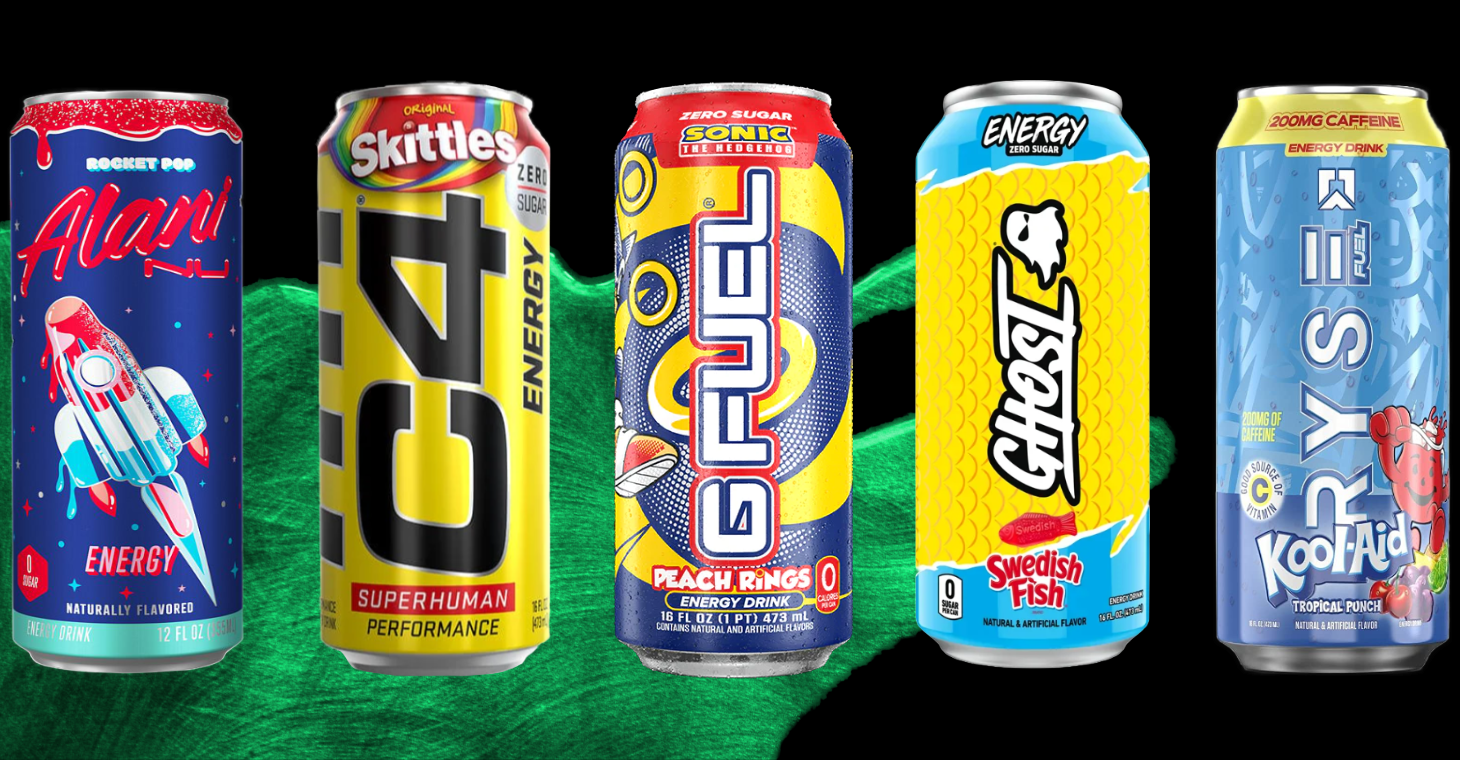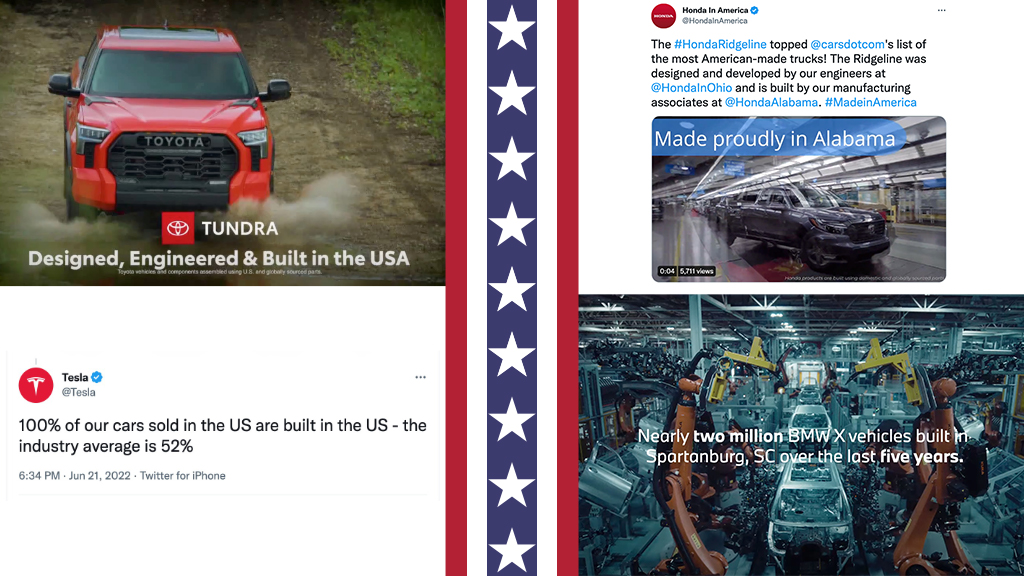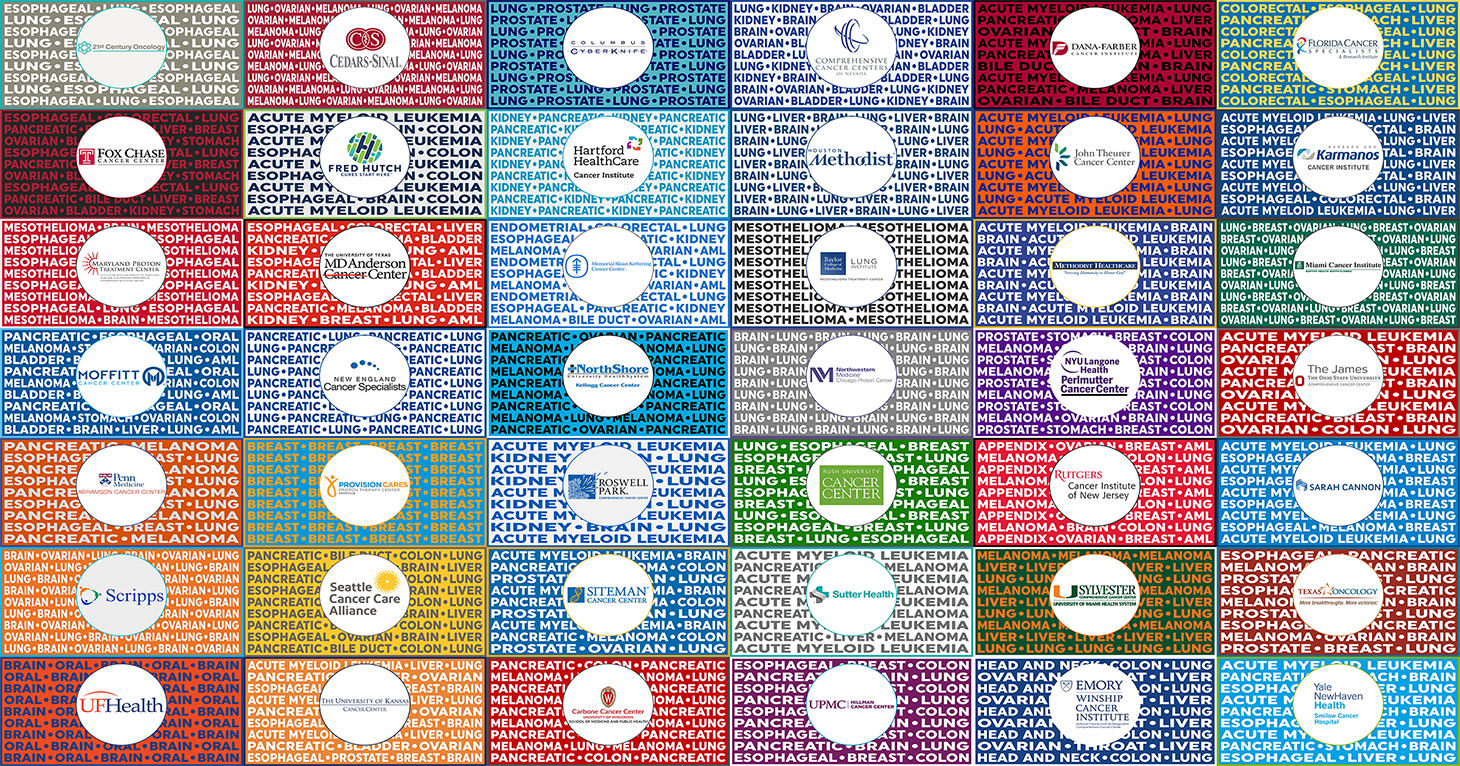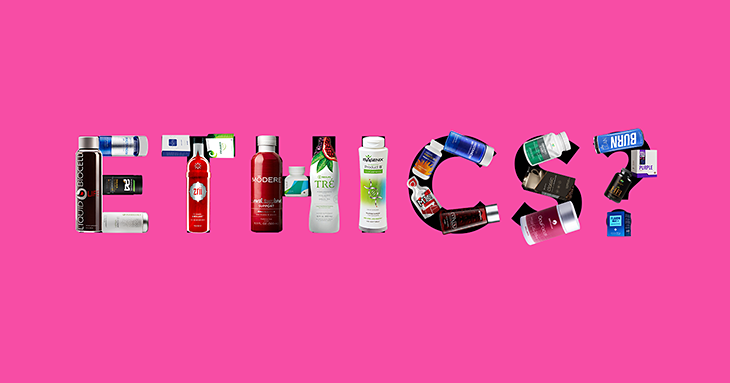
Homeaglow
TINA.org found home cleaning services platform falsely advertising $19 house cleanings, using ROSCA-violating autorenewal subscriptions, fabricating consumer reviews and more.
TINA.org investigates individual brands as well as marketing tactics used across entire industries. Click to see TINA.org’s legal actions broken down by brand name or industry type.
TINA.org found home cleaning services platform falsely advertising $19 house cleanings, using ROSCA-violating autorenewal subscriptions, fabricating consumer reviews and more.
TINA.org found window company engaged in deceptive U.S.-origin marketing.
TINA.org found U-Haul engaged in deceptive price advertising and fee scheme.
TINA.org found supplement deceptively marketed as able to alleviate the symptoms of menopause.
TINA.org found meal-kit company deceptively marketing “free” meals and using ROSCA-violating autorenewal subscriptions.
TINA.org found metaverse gaming platform rife with deceptive marketing.
Seen or heard a deceptive ad? Report an Ad
TINA.org investigated marketing tactics used by the menopause supplement industry and urged 100 companies to review their marketing.
TINA.org found that 98% of MLM companies have used atypical income claims to market their business opportunities.
TINA.org investigated marketing tactics used by the hair growth products industry and urged 25 companies to review their marketing.
TINA.org and the Rudd Center investigated marketing tactics used by the energy drink industry and urged more than 40 companies to review their marketing.
TINA.org investigated numerous car companies marketing vehicles as made in the USA when the cars are actually assembled in the U.S. using imported parts.
TINA.org investigated celebrities who promote non-fungible tokens (NFTs) on their social media channels and found that it is an area rife with deception.
TINA.org found 90% of U.S. cancer centers have used deceptive patient testimonials in their marketing materials.
TINA.org urged the FTC to formally notify all MLM companies of the law and use its penalty offense authority.
TINA.org found that 97% of DSA-member companies selling supplements have used unsubstantiated disease-treatment claims.
TINA.org found that 97% of DSA-member companies have used atypical income claims to market the business opportunity.
TINA.org found social media influencers ignored FTC warnings and continued promoting brands without proper disclosures.


